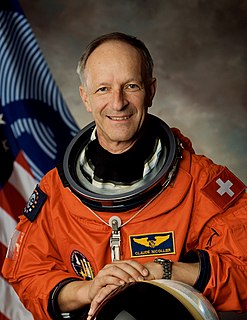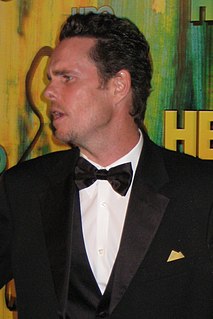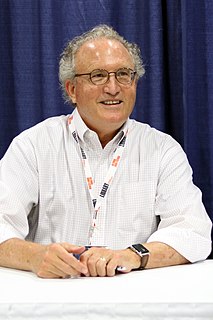A Quote by Heidi Hammel
The Hubble Telescope can see the farthest galaxies. The Webb Telescope will see the farthest stars.
Related Quotes
They walked for a while, all silent in their thoughts, until they reached the car and Alec drew a fine telescope from his shirt and handed it to Milo. "Carry this with you on your journey," he said softly, "for there is much worth noticing that often escapes the eye. Through it you can see everything from the tender moss in a sidewalk crack to the glow of the farthest star — and, most important of all, you can see things as they really are, not just as they seem to be. It's my gift to you.
The Bible is like a telescope. If a man looks through his telescope, then he sees worlds beyond; but if he looks at his telescope, then he does not see anything but that. The Bible is a thing to be looked through, to see that which is beyond; but most people only look at it; and so they see only the dead letter.
We have all kinds of limitations as human beings. I mean we can't see the whole electromagnetic spectrum, we can't see the very small, we can't see the very far. So we compensate for these short comings with technological scaffoldings. The microscope allows us to extend our vision into the microsphere. The telescope allows us to extend our vision into the macrosphere, the Hubble Space Telescope extends our optic nerve into space, and it allows us to mainline space and time through our optic nerve.
...Which brings me to the Hubble Space Telescope's newest images. If it's wonder that you're looking for, and mystery, don't just scan the photographs. Stop and think about them. Try to imagine the scale. The Earth is just a speck of dust on one distant whirling tentacle of the Milky Way galaxy, which contains billions of stars. A 'collision' of galaxies seems unimaginably large - and yet it is something scientists long ago imagined... The imaginings of pseudoscience are feeble by comparison.


































